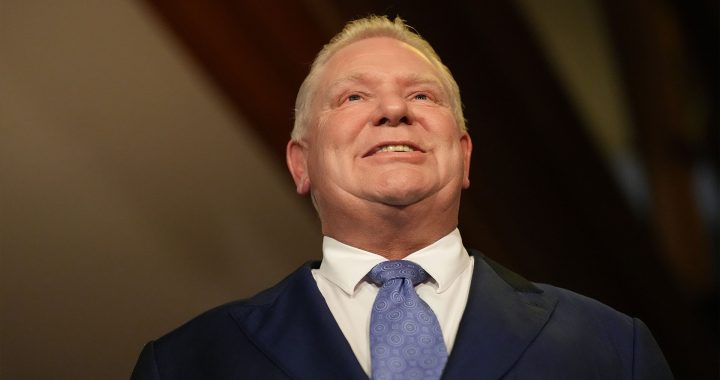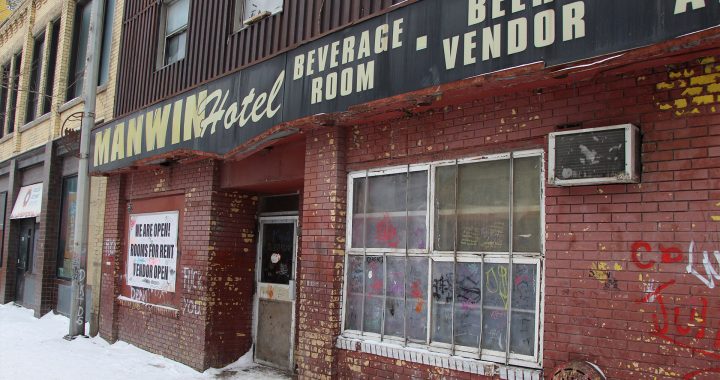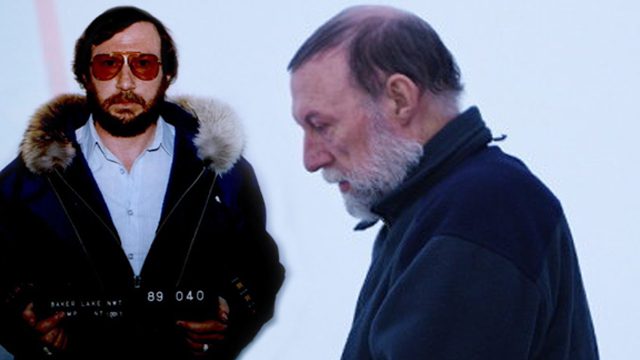Saganash: Racism faced by Indigenous people on street linked to Ottawa’s ‘prejudicial conduct’
Ottawa’s historic adversarial posture on Indigenous rights proves institutional racism exists and it’s linked to the racism faced by Indigenous people on the streets of Canada’s cities, says Cree NDP MP Romeo Saganash.
(NDP MP Romeo Saganash. File/APTN)
Jorge Barrera
APTN National News
OTTAWA--Ottawa’s historic adversarial posture on Indigenous rights proves institutional racism exists and it’s linked to the racism faced by Indigenous people on the streets of Canada’s cities, says Cree NDP MP Romeo Saganash.
The country’s problems with racism were again highlighted last week when national news magazine Maclean’s reported Canada had a bigger race problem than the U.S. The ensuing debate over the magazine’s reporting echoed a controversy that flared in 2001 when former Assembly of First Nations national chief Matthew Coon Come said Canada was afflicted by institutional racism.
Saganash said Coon Come was right then and the current grand chief of the James Bay Cree Nation of Iiyuuschee is still right.
“The Aboriginal people of this country are the only group that are subjected to that treatment of having the government of Canada as an adversary throughout the history of Canada,” said Saganash, who is MP for Abitibi-Baie James-Nunavik. “It is the only group subjected to that, so yeah, of course Matthew Coon Come is right. It is institutionalized and it has to stop.”
At the time, Coon Come faced a backlash from then-Indian Affairs minister Robert Nault who demanded the former AFN national chief apologize for his remarks.
Nault, who was a minister in the Liberal Chretien government, is again seeking to run under the Liberal banner in Kenora, Ont. In an interview with APTN National News last week, Nault said he still stood by his belief racism in Canada is not institutional, but rather individual.
“(Nault) is a pretty good demonstration that successive Liberal and Conservative governments over the past 150 years will not change, will not be able to address the fundamental issues of Aboriginal rights and Aboriginal title,” said Saganash. “Having Robert Nault come back for the Liberals is saying, ‘we are giving you more of the same.’”
The current federal Aboriginal Affairs minister is refusing to be drawn into the latest version of the racism debate in Canada.
Newly appointed NDP Aboriginal Affairs critic Niki Ashton pressed Valcourt on the issue during question period Monday.
“Canadians are finally talking about the horrific levels of racism faced by Indigenous people in cities like Winnipeg and elsewhere…From health care to police protection to employment and education, Indigenous people are too often treated as second-class citizens. That treatment as second-class citizens often has a direct correlation with government policy put forward by this federal government,” said Ashton. “Instead of being part of the problem, will the minister of Aboriginal Affairs commit to working with Indigenous communities and Canadians to put an end to racism that Indigenous people in Canada face?”
Valcourt, however, ducked the question and didn’t even use the word “racism” in his response.
“Our government believes that Aboriginal people should have the same quality of life, the same opportunities and the same choices as all other Canadians,” said Valcourt, in response. “That is why we continue to work and to take concrete actions on priorities that we share with First Nations and Aboriginals, such as on economic development, good governance, skills training, and on advancing treaty negotiations and reconciliation and we will continue in that vein.”
Saganash said he isn’t surprised Valcourt is refusing to address the issue of racism.
“I think it’s because they don’t know how to deal with it, it is so deeply institutionalized,” said Saganash.
Saganash said one way to eradicate institutionalized racism from federal policies is to ensure the country’s laws comply with the UN Declaration on the Rights of Indigenous Peoples. Saganash has put forward a private member’s bill to do that and it is scheduled to come up for its first debate on March 12. If the bill fails to pass a vote on second reading, it will die. Saganash said he hopes the bill will at least make it through second reading so it can be studied at the House of Commons committee level.
“We have to make the declaration into law in this country,” said Saganash. “It will have positive impacts…If we make sure every piece of legislation introduced in Parliament is in compliance with the UN Declaration there will be no need to challenge any legislation.”
Saganash plans to hold an information session on his private member’s bill on Feb. 23 and he plans to invite Valcourt and his parliamentary secretary Mark Strahl. Saganash said the meeting will also be open to the public.
Bill C-641 faces a tough road with the Harper government which has said it considers the declaration “aspirational’ after initially refusing to endorse it at all. At the UN, Ottawa’s diplomats are constantly fighting to dampen the impact of the declaration, especially its article on free, prior and informed consent, whenever it surfaces during international discussions, said Saganash. Just last October, in Rome, during meetings of the Committee on World Food Security, Canadian diplomats inserted a full page into a final report explaining that it saw the section on free, prior and informed consent as a matter of “meaningful consultation.”
During a panel on reconciliation held on Jan. 7 in Massey College, Saganash said the actions of Ottawa’s diplomats “erode confidence and trust” in Canada.
“Genuine reconciliation is not possible when such far-reaching and prejudicial conduct continues to take place,” said Saganash.
@JorgeBarrera











Bravo M. Saganash! We need more people like you.
White European Racism in Canada and America has always been the Norm
“At the UN, Ottawa’s diplomats are constantly fighting to dampen the impact of the declaration, especially its article on free, prior and informed consent, whenever it surfaces during international discussions, said Saganash.” ~ The Harper Regime falling back on Standard Talking Point #1 “Those people don’t have those rights”, even though the Supreme Court keeps affirming that we do.